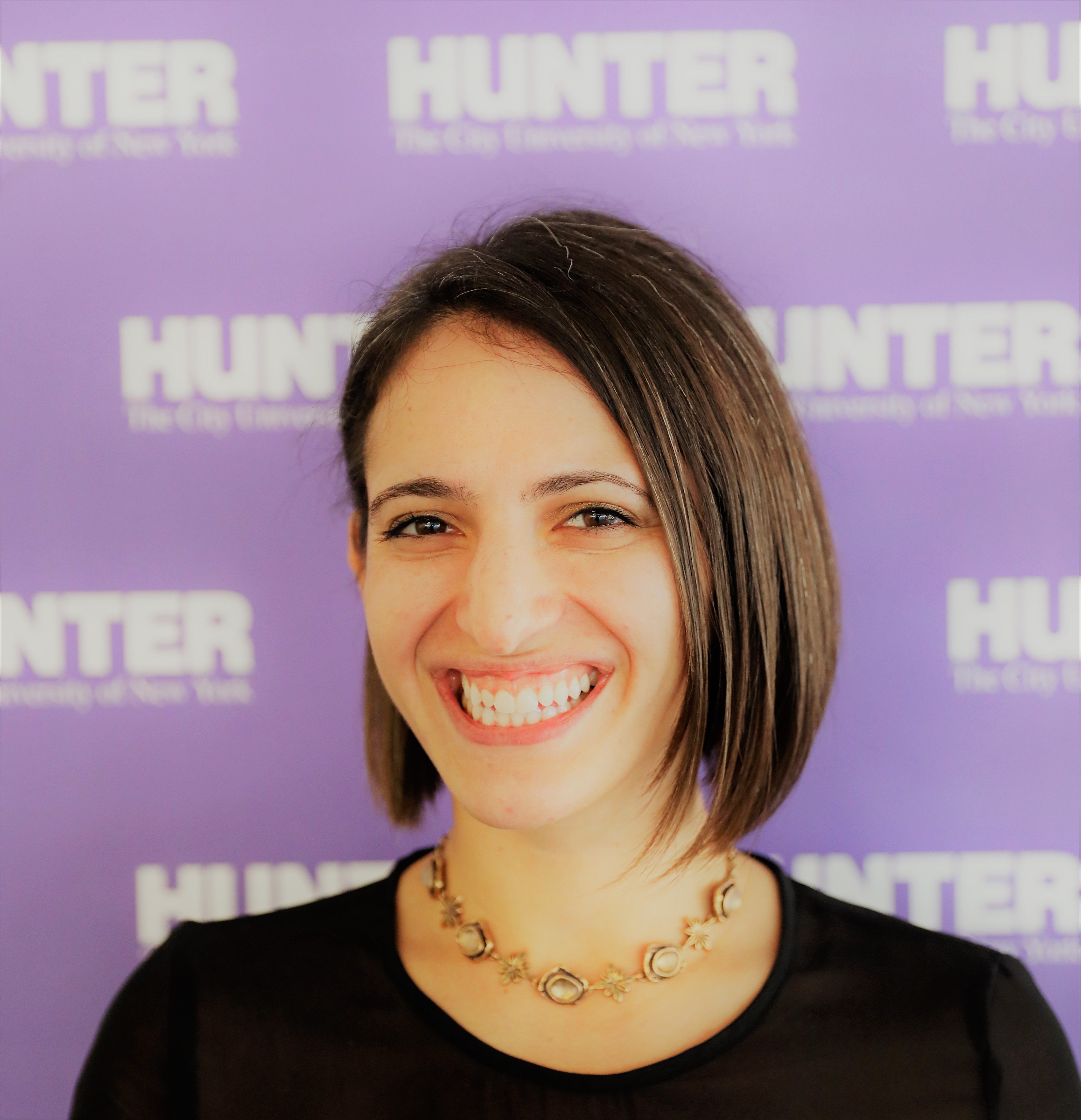LGBTQ+
(PS7-B39) What’s Love Got to Do with It? A Qualitative Analysis of Group Cohesion in a Transgender Community Based Violence Prevention Intervention
- MM
Madeleine Miller, B.S.
Graduate Student Researcher
Hunter College, City University of New York
WOODSIDE, New York - JP
Jessica B. Palatnik, B.A.
Student
Hunter College, City University of New York
Brooklyn, New York 
Danielle Berke, Ph.D. (she/her/hers)
Assistant Professor
Hunter College, City University of New York
Queens, New York
Author(s)
Co-Author(s)
Background: Common factors (i.e., therapeutic alliance, empathy, positive regard, genuineness, and client expectations from therapy) have been shown to account for up to 70% of the variance in psychotherapy outcomes (Felice et al., 2019). In the context of group therapy, common factors extend from client-to-provider, to client-to-client interactions (i.e., group cohesion). Indeed, research has found group cohesion, which refers to the shared goals and exchange of positive affect and empathic regard among group members, to be a strong predictor of effective outcomes in group therapy (Burlingame et al., 2011). In this regard, group cohesion may be akin to companionate love, defined as “friendship, understanding, and a concern for the welfare of the other” (Safilios-Rothschild, 1977). Despite the wealth of research on common factors and group cohesion in psychotherapeutic outcomes, considerably less scholarly attention has been directed toward the empirical study of love in group therapy. Given the potential of companionate love to promote healing via its expression in and influence over group cohesion, a study of reciprocal love in group therapy may advance our ability to leverage this emotion for effective treatment outcomes.
Methods: This project will use data from an implementation science study of a group intervention targeting violence prevention delivered in community-based organization for trans and non-binary persons. Group participants (n = 39) completed exit-interviews following the completion of the 20-hour program during which time they were asked to share their perception of the process and impacts of the intervention. Researchers will use thematic analysis to code and derive overarching themes from the qualitative data gathered from these interviews. Using inductive and deductive strategies to create a comprehensive consensus-derived code book, all interviews will be independently coded; a random 20% of interviews will be double coded to establish inter-rater reliability. The research team will analyze codes related to group cohesion, love, and other common factors to group similar codes into clusters and identify key themes.
Results: Data analysis is currently ongoing. Preliminary findings suggest frequent co-occurrence between codes reflecting “love,” “safety”, “belongingness”, and “social support.”
Discussion: Findings will be discussed in terms of leveraging the healing bonds of love to promote effective outcomes in group psychotherapy.

